MSc Sport and Exercise Science
Develop your skills with professional athletes and sports teams and continue the journey towards becoming an accredited sport and exercise scientist. Study in BASES accredited sport science labs.


Collaborative relationships with professional athletes and sports teams.

Apply now for this course
Entry requirements
A degree at 2:1 or above in a subject related to sport and health sciences and/or relevant professional experience
Applicants with other qualifications and/or experience will be considered on an individual basis
UCAS code Apply to Marjon
UCAS institution code P63
Duration One year full-time or two years part-time
Any questions about postgraduate study at Marjon?
Contact Rachel Bailey-Lewis, our Student Recruitment Officer (Postgraduate).
Course Summary
Our MSc Sport and Exercise Science has been designed to capture the sport and exercise science aspects of the sector in an immersive way, which explores how the sports sciences overlay and work together. For example, you might study the physiological and psychological effects for athletes travelling across time zones to compete in a hot environment, exploring this in the environmental chamber in our BASES accredited lab. Or you might undertake biomechanical analysis using our high speed cameras and force plates to predict injury before it happens and then prescribe conditioning to reduce the risk.
MSc Sport and Exercise Science is specifically focused towards providing students with an in-depth knowledge and understanding of the discipline through the inclusion of unique field based opportunities. You’ll join a high performance trip to St George's Park, home of England Football, where you’ll can gain an appreciation of sport science support at the highest level. You’ll also benefit from opportunities with our key partners, such as Plymouth Argyle FC and Plymouth Raiders, and the Womens FA High Performance Centre. Other opportunities include hands on experience with health checks and a range of patients in our on-site Health and Wellbeing clinics.
You’ll be given the opportunity to apply and develop knowledge, practical skills and values in applied sport and exercise science contexts to obtain professional and personal progression. It is anticipated that students will look to pursue a career in sport and exercise science and follow the route to become a BASES accredited sport and exercise scientist. The MSc programme is a crucial step towards achieving this because it enables students to achieve hours which count towards the Supervised Experience required to become a BASES accredited sport scientist.
Why this course at Marjon?
On completion of this degree you can go on to undertake the BASES Supervised Experience Process
Be immersed in a range of sport and exercise science contexts
Up to 75 hours of experience in the sector across a range of performance and health settings
Understand the multidisciplinary nature of the sector
Work as part of our sport and exercise science team to deliver support services to a range of athletes and clients
Manage health checks with and support a range of patients in our Health and Wellbeing clinics
Modules for this course
1st Year
Research methods for postgraduate study
Applied sport and exercise science: athlete profiling, intervention and monitoring
Applied professional practice
Training and competitive environments
Masters thesis
This course is perfect if you're curious about
Can we help protect athletes and workers from extreme environments?
Does it really matter how much sleep an athlete gets the night before a competition?
Can I play a part in helping to prevent diabetes and other health conditions?
Does a sport and exercise scientist only work in professional sport?
Can you predict injury before it happens?
How does an athlete prepare to compete in a hot environment?
What might you become?
MSc Sport and Exercise Science is designed to help you progress within the sport and exercise science sector. This could be to help you secure an internship as a new graduate, or to allow you to apply for promotions if you are already an experienced practitioner in employment.
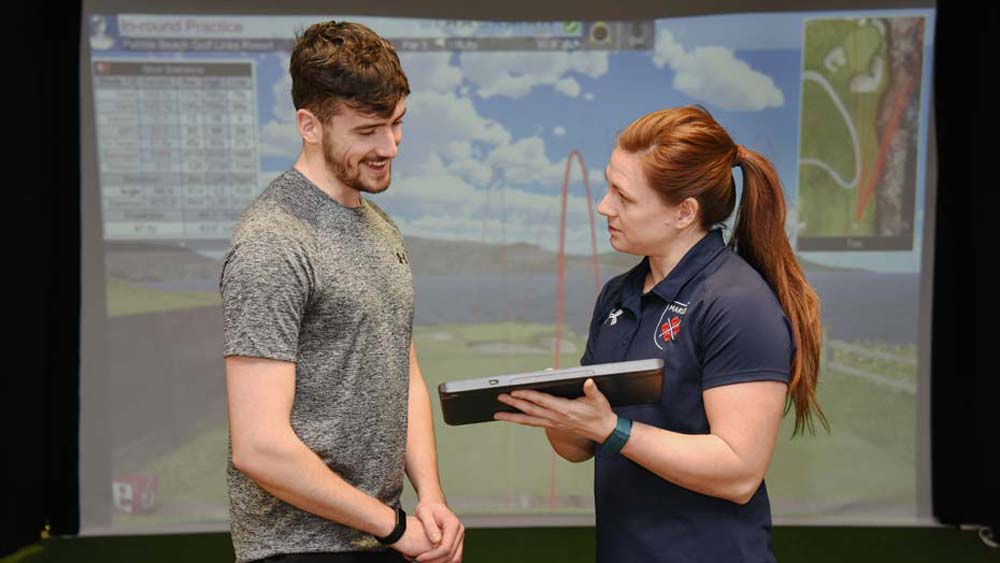
How you’ll be taught and assessed?
How will you be taught?
You will be taught through a combination of intensive days, workshops, lectures, seminars, lab practicals, interactive group discussion and field work.
How will you be assessed?
Assessment methods are varied and include coursework such as essays, reports, portofolios and your research thesis. There are also many practical based assessments embedded within modules.
Fees and funding
Fees UK students: £8,500
Fees for International students: £14,600
This fee covers your tuition and access to course-specific equipment and facilities, as well associated services including access to the library, study skills support, IT support, student support and wellbeing services and membership of the Student Union. There may be additional costs by course.
Funding available for this course
Our Student Funding Advisors offer confidential and impartial advice about your funding options.
Learn moreLecturers
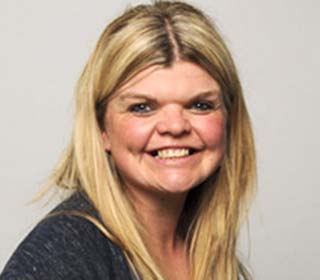
Melissa has research interests that include increasing self-awareness and positive growth and mental health, developing confidence and emotional control, reducing anxiety, and facilitating communication.
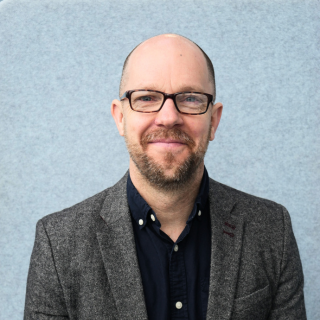
Ben has more than 20 years experience working in various health and fitness roles. In this time he has worked with more than a thousand participants and helped train hundreds of fitness professionals.
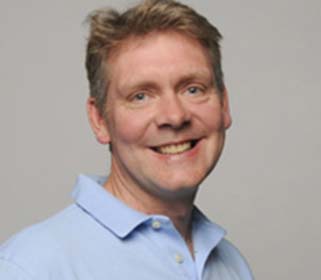
Dr Joseph Layden
Associate Dean (Research and Innovation) School of Sport, Business and Media
View profileJoe has 20 years experience within the area of health and exercise physiology and researches health care interventions, physiology and metabolism. He previously worked as an Occupational Physiologist and Researcher for the UK Ministry of Defence and the Netherlands National Research Office.
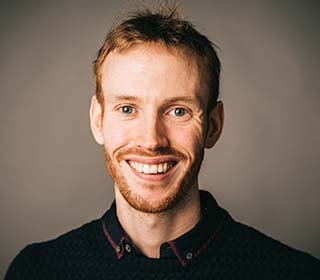
Alister teaches psychology and its applications to sport, exercise, and health. His main research interest is how psychological interventions can be used to improve the performances of people who participate in endurance events, such as middle- and long-distance running, cycling, swimming, and triathlon events.
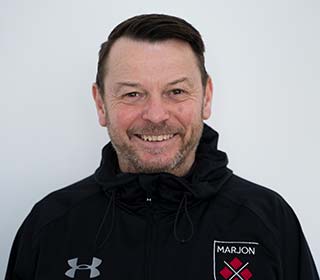
Chris has been involved in community football for over 20 years. He oversees the sport science support programme for Plymouth Argyle FC Youth Academy and the operational management for their Centre of Excellence. He helps students to gain volunteering and placement opportunities. He is a Coach Mentor for the FA and as part of the degree programme; students can apply to become part of the FA Young Coach Development Team to develop their theoretical understanding and coaching practice. His other interests include performance analysis, physiological testing and the development of football within the wider community.



